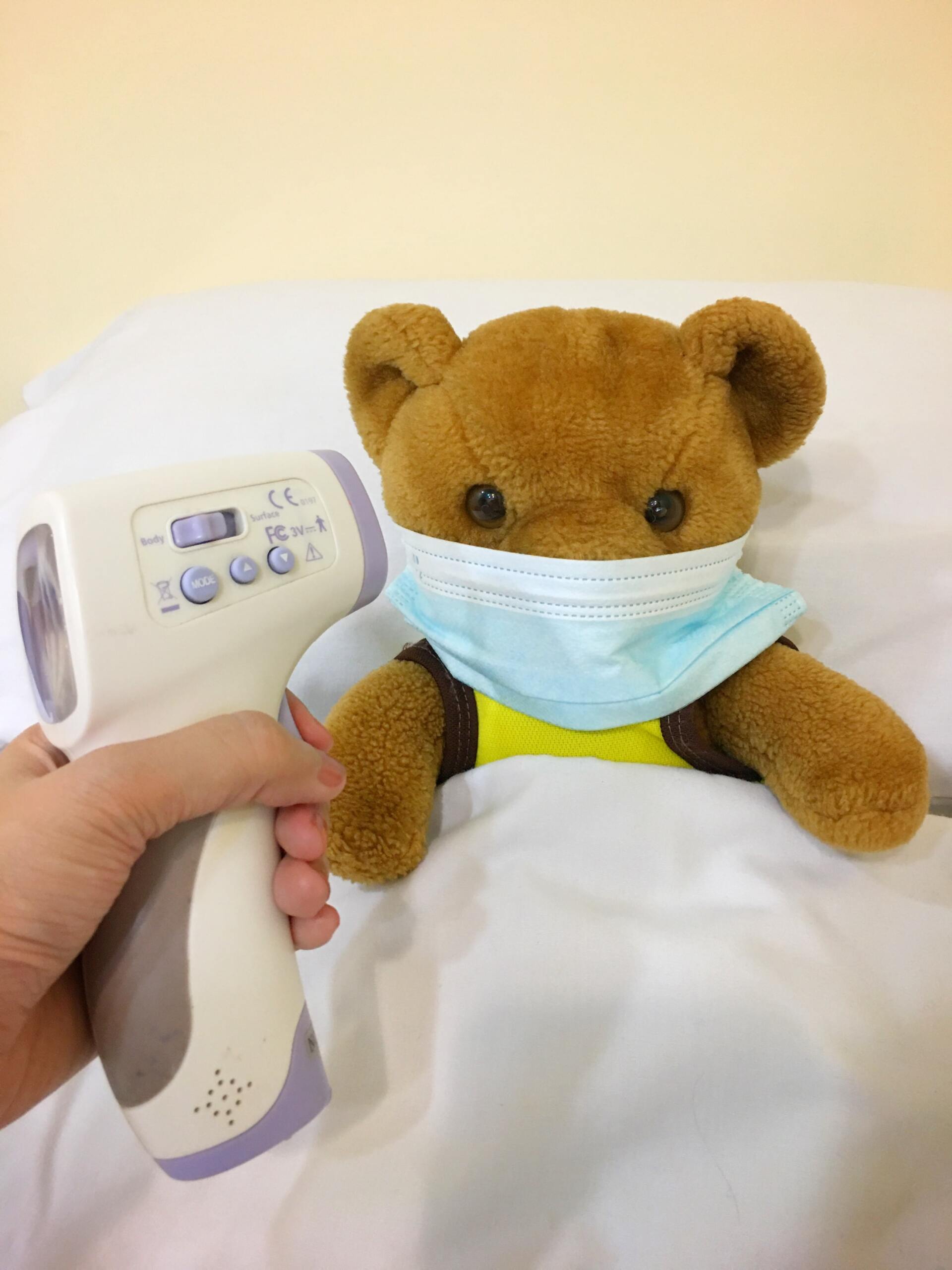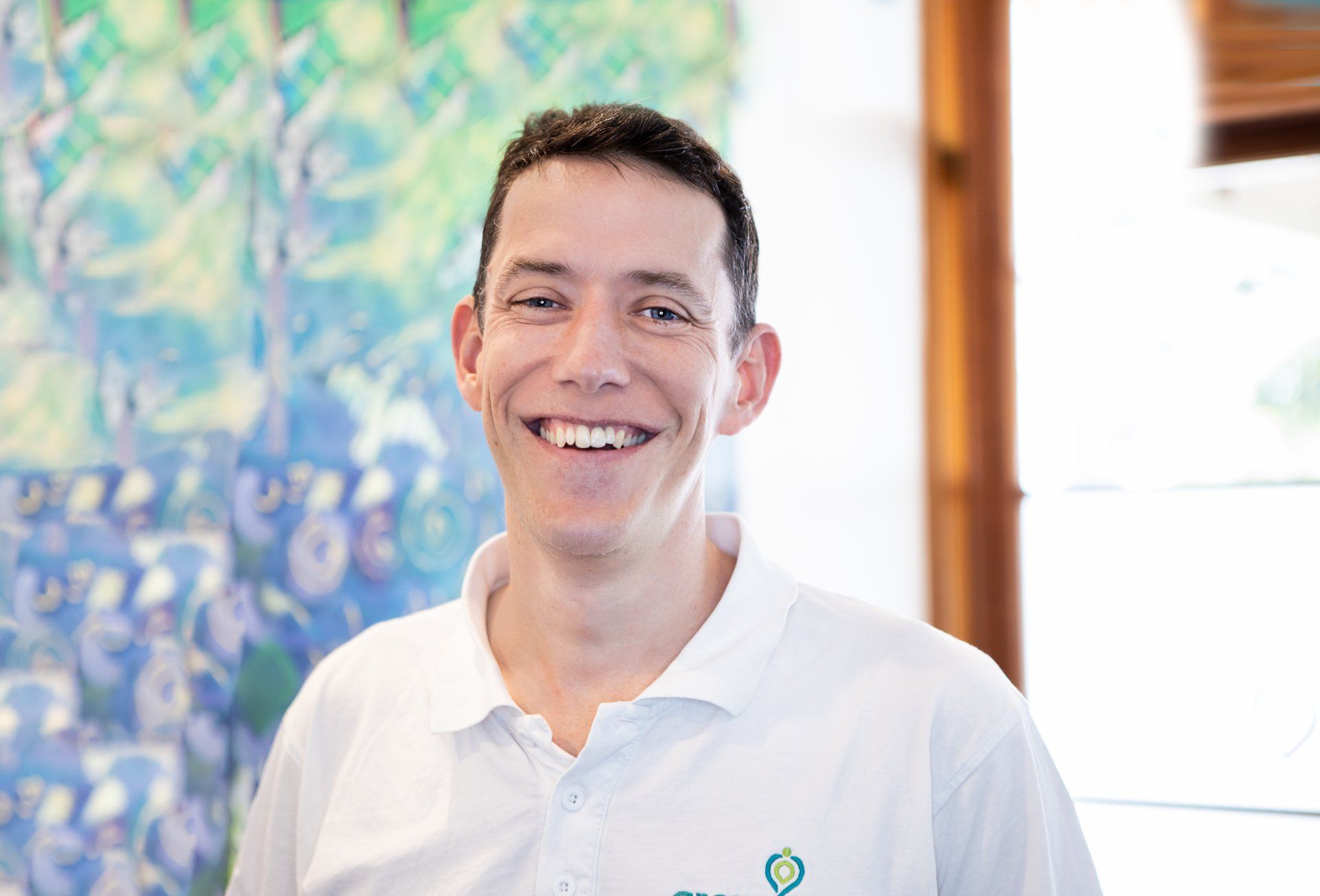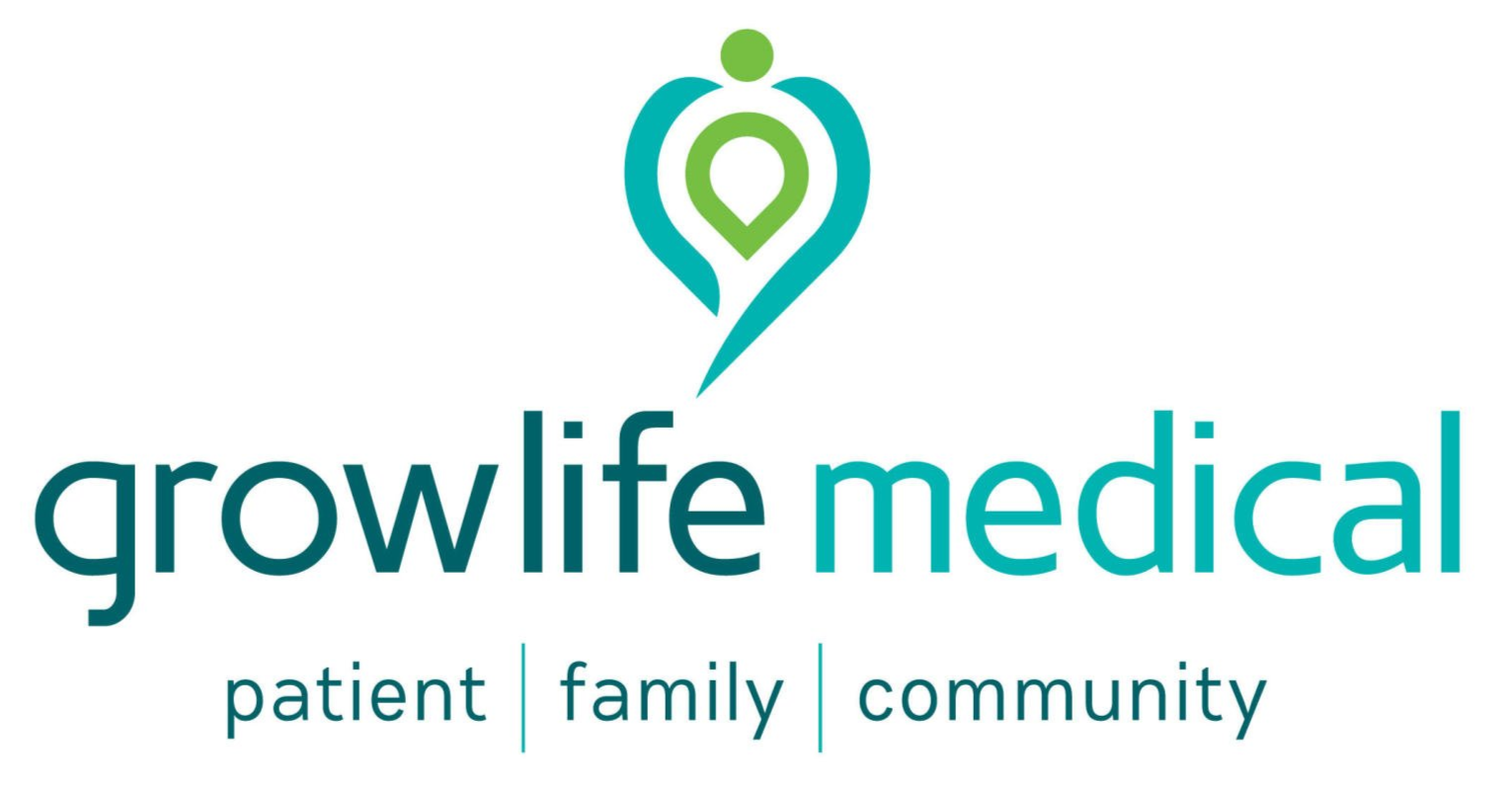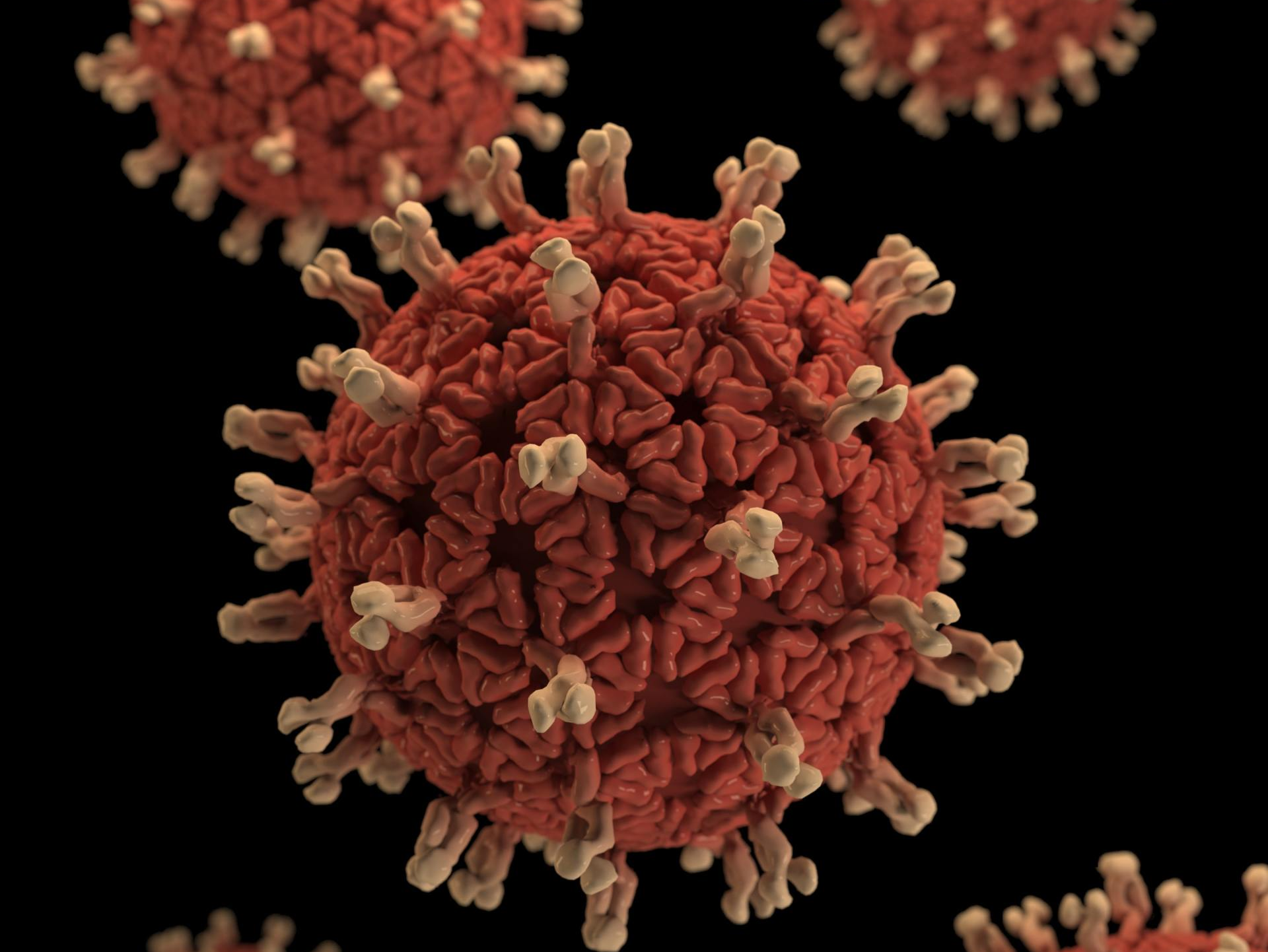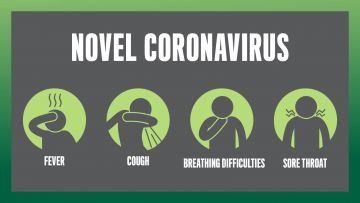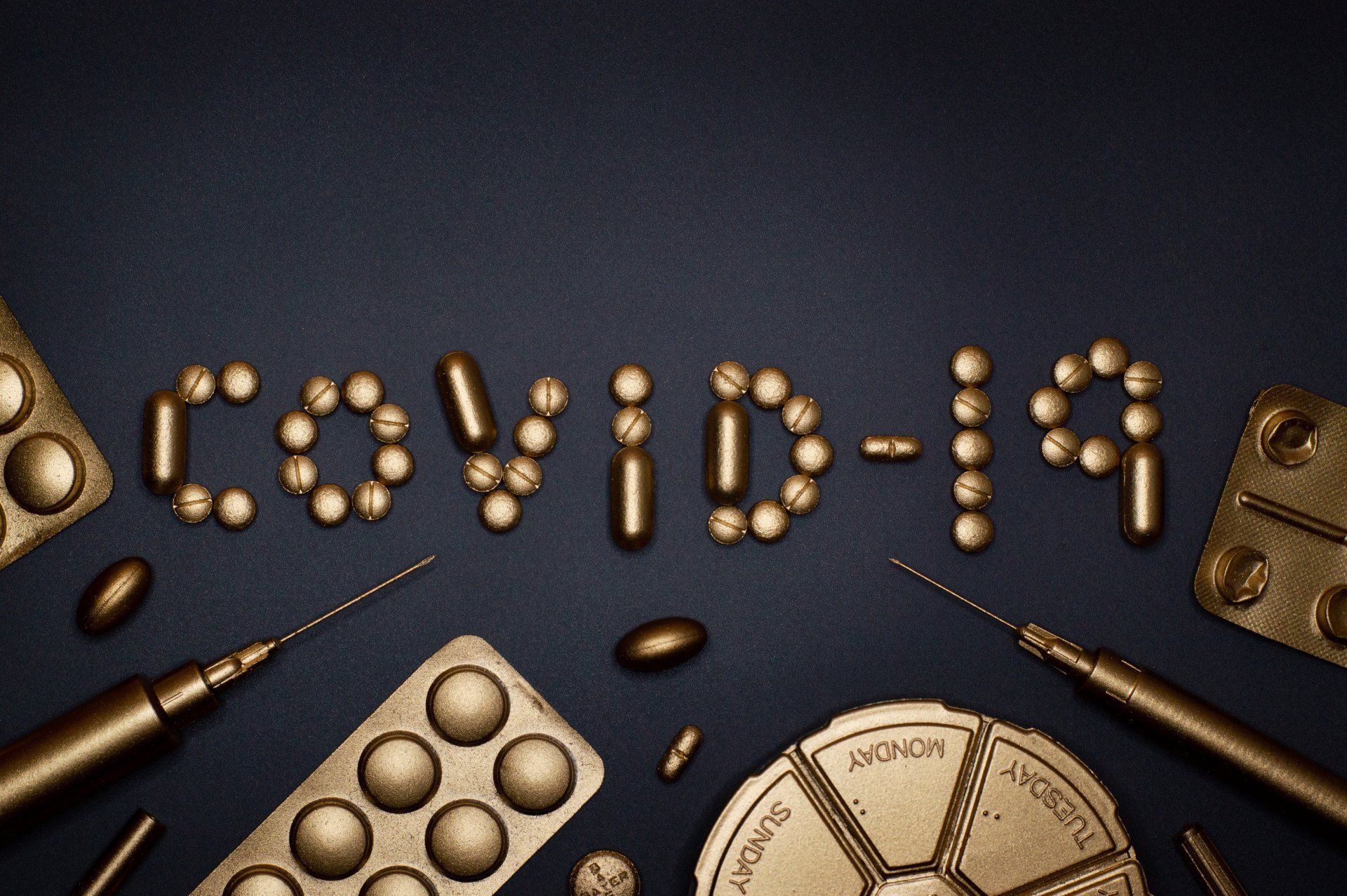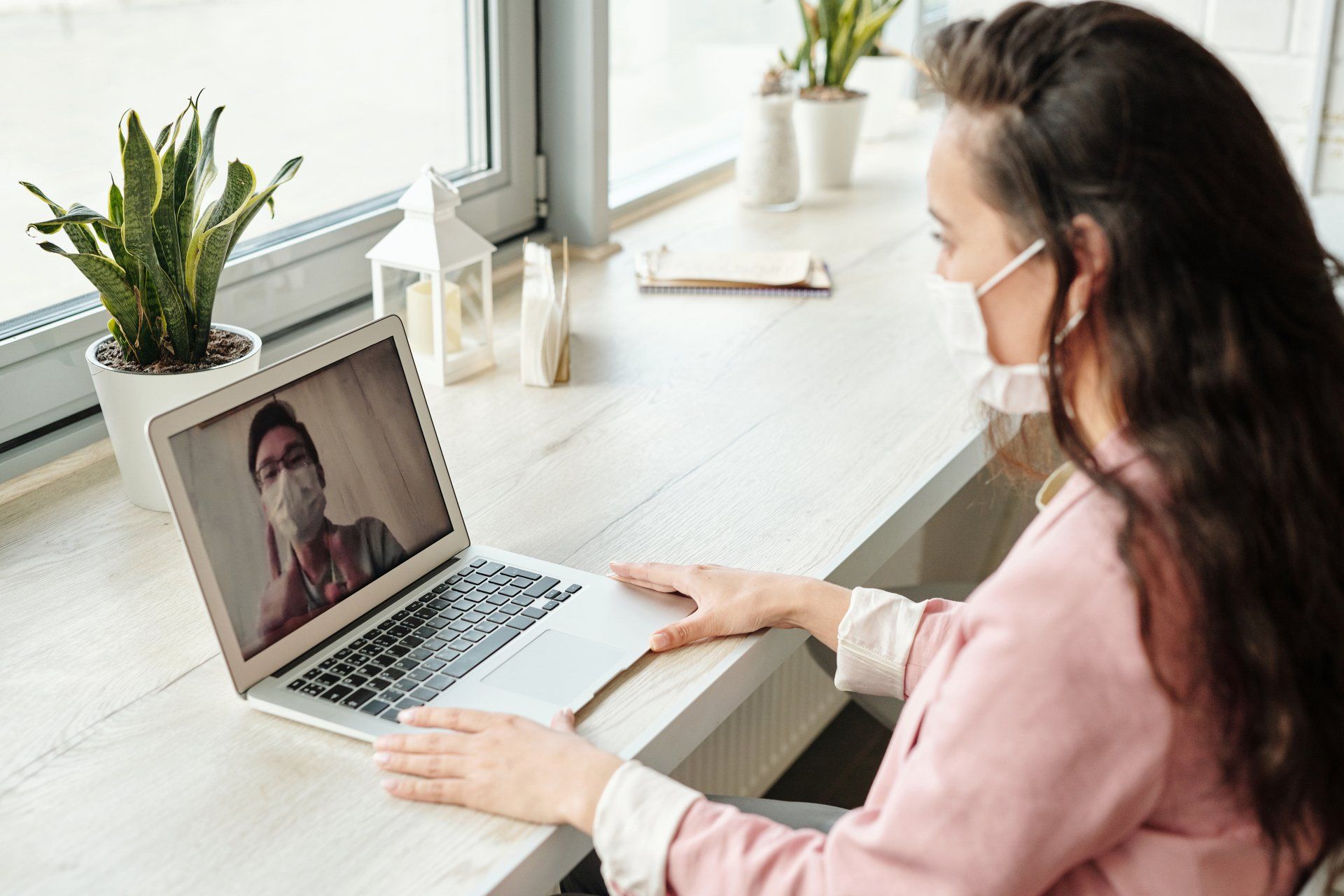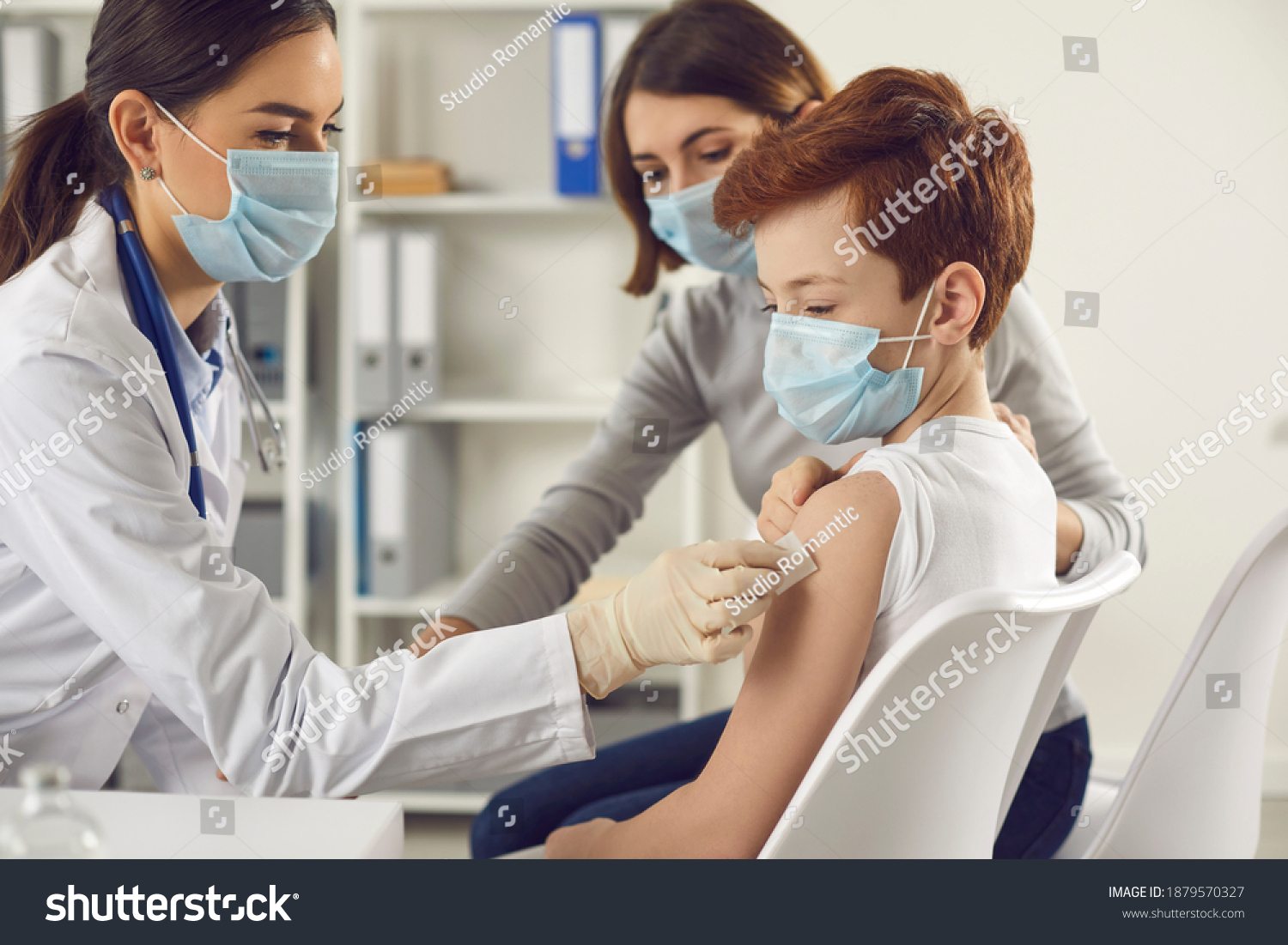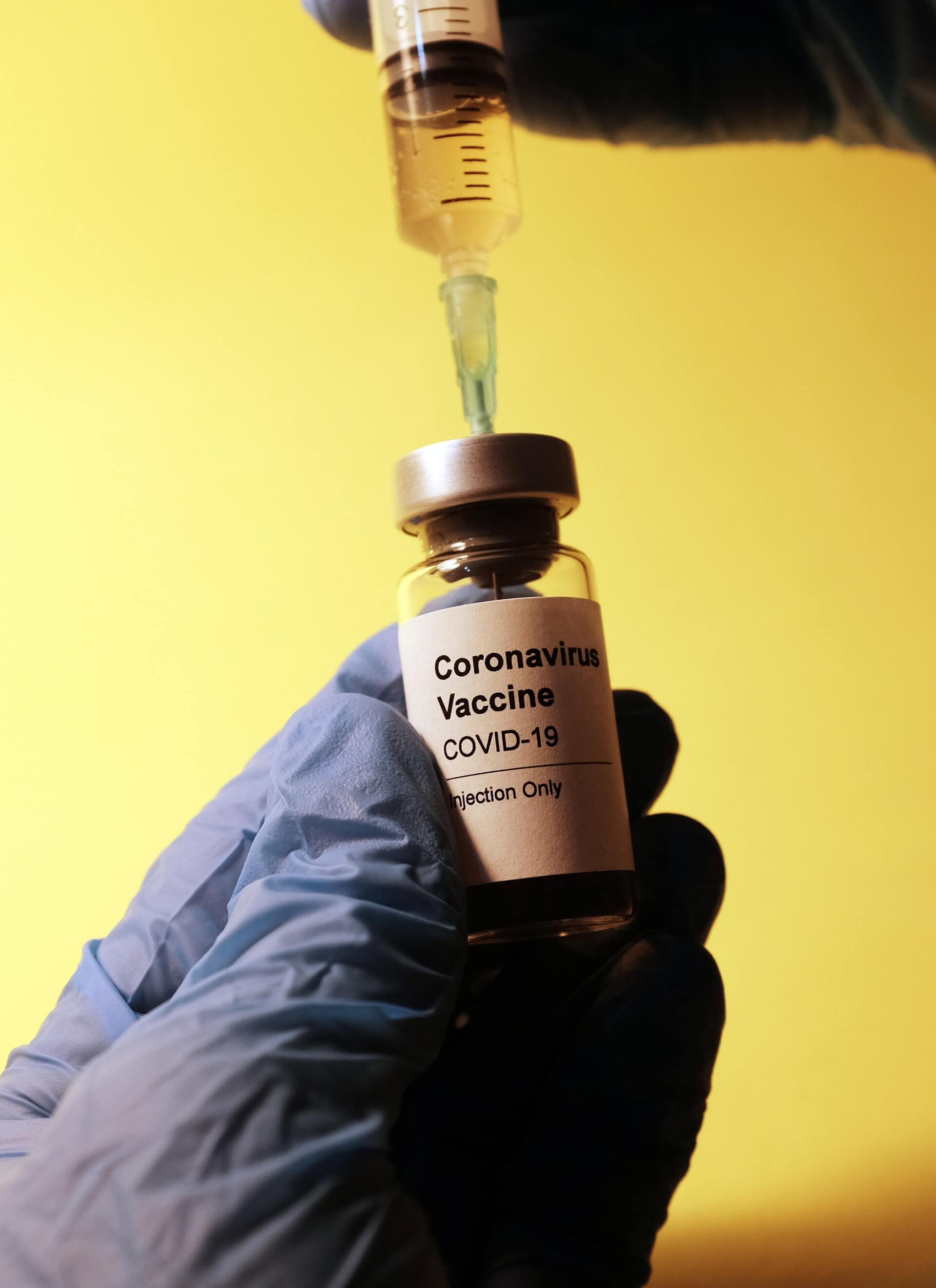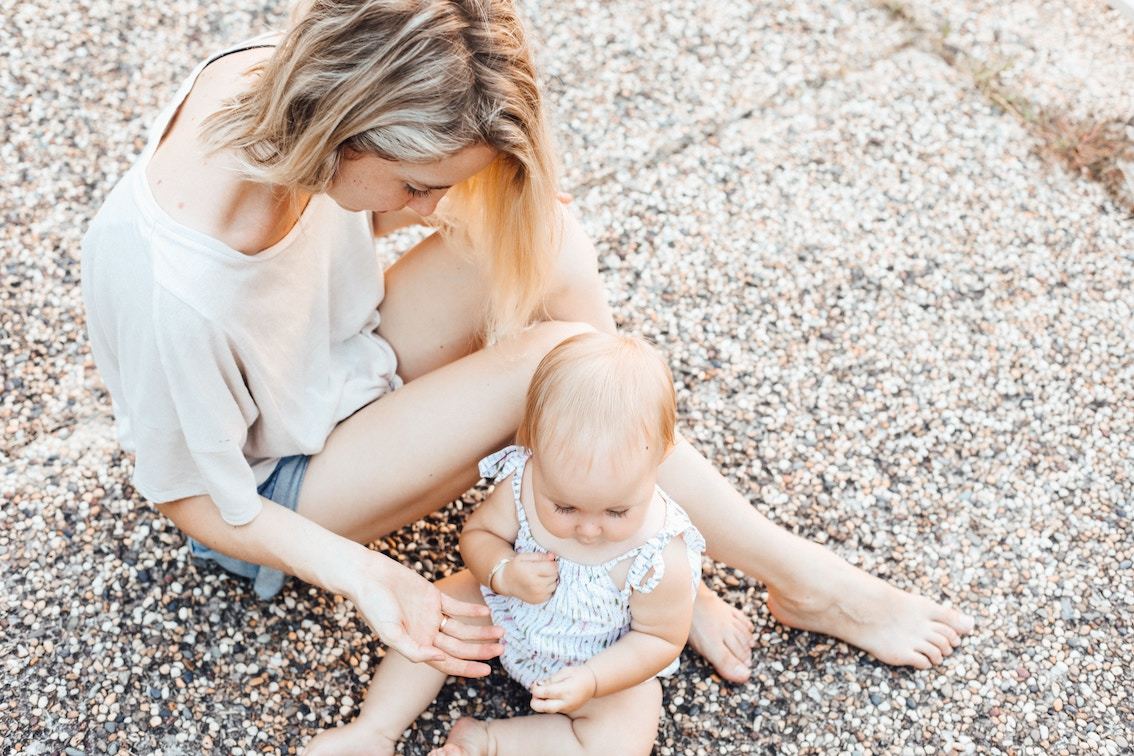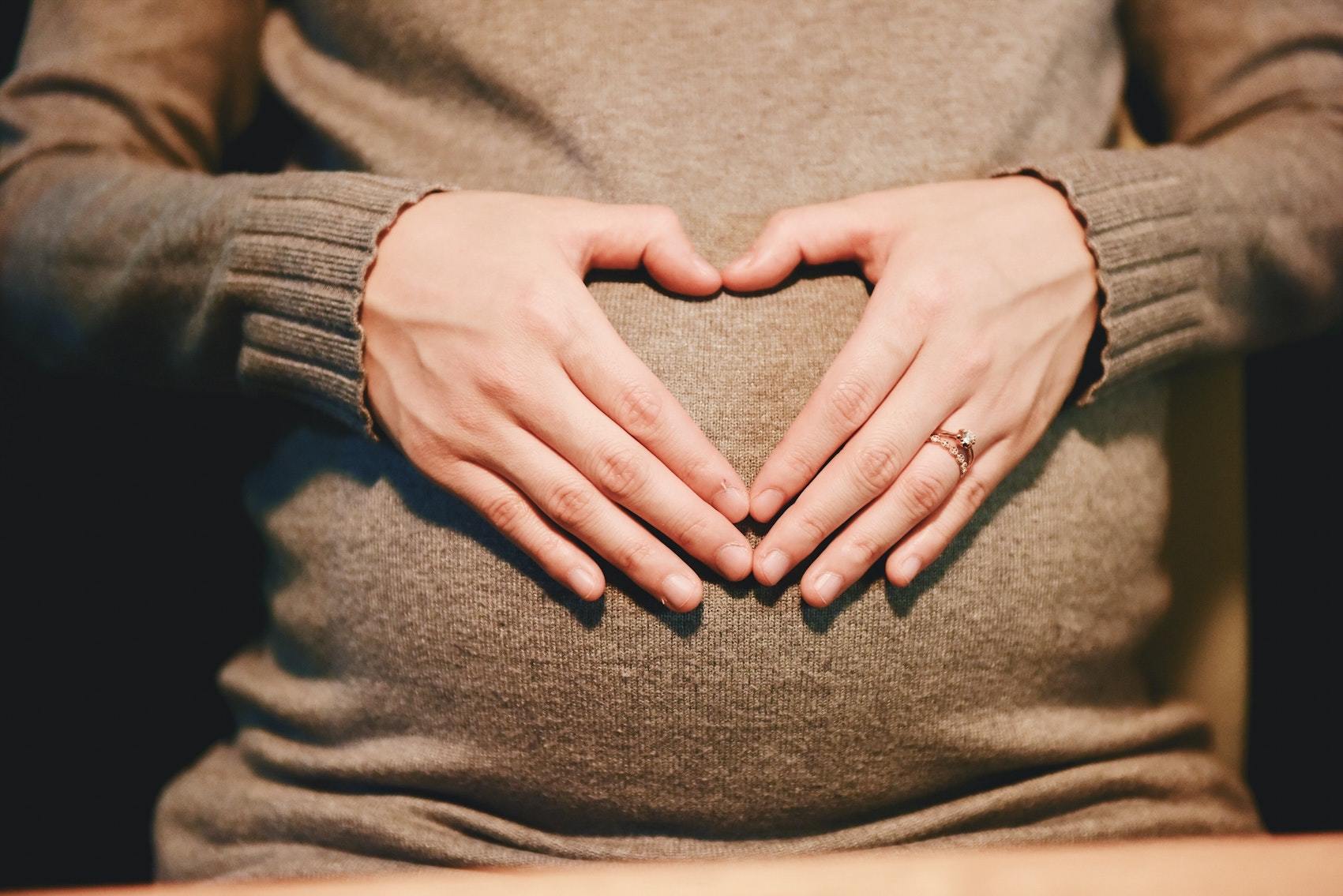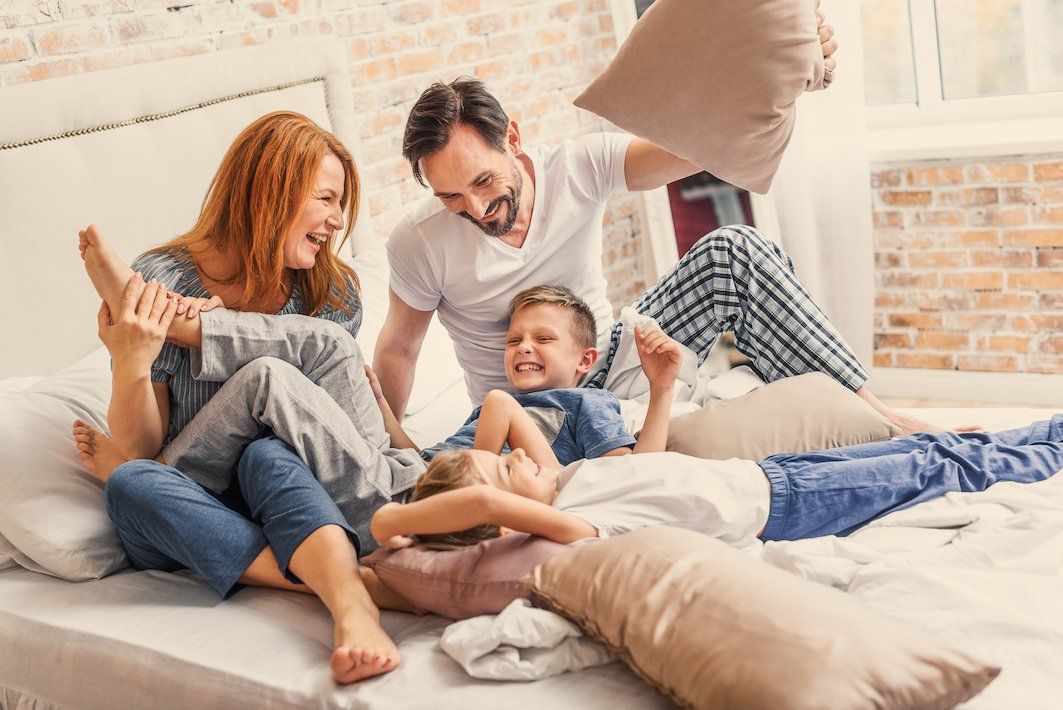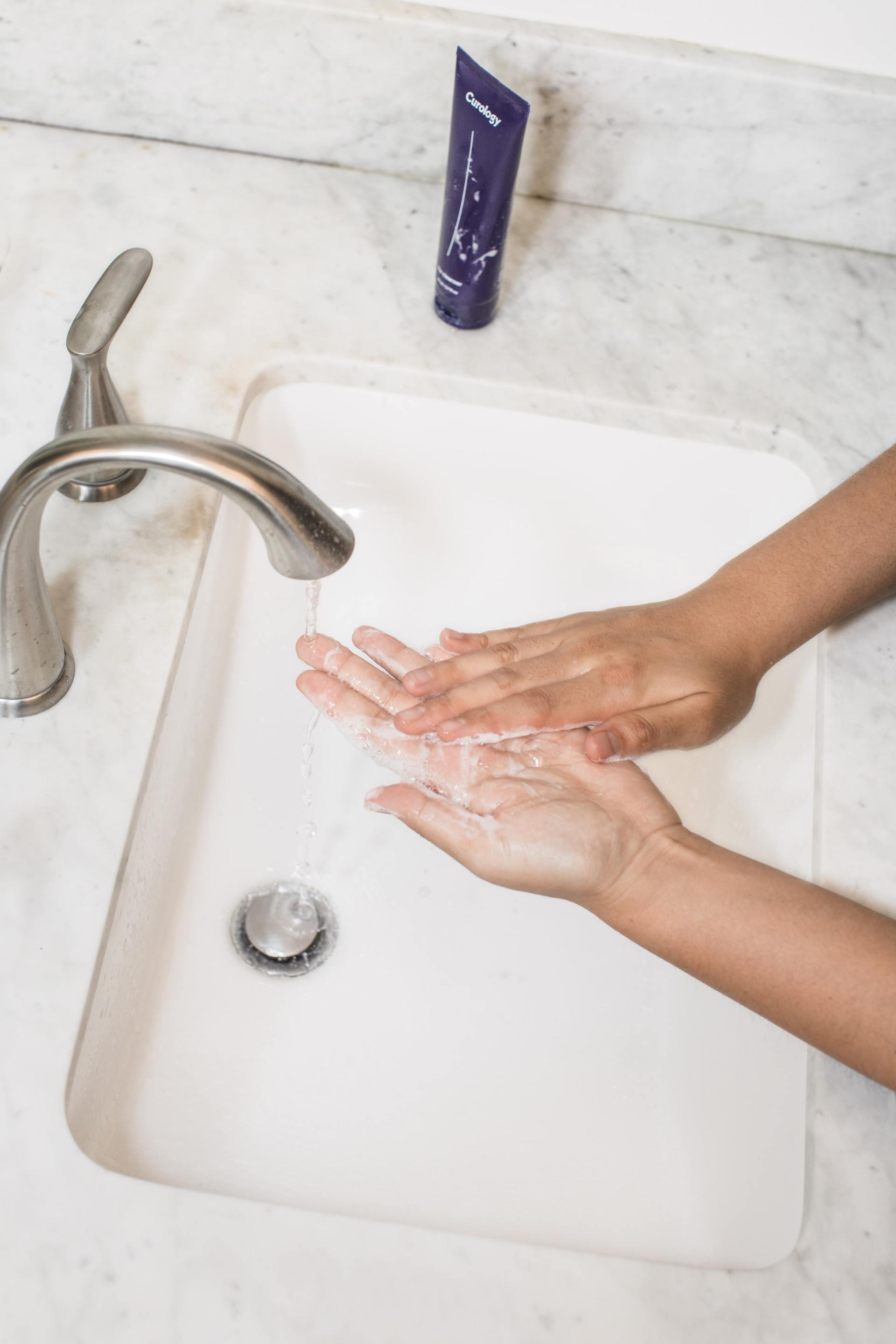You will be aware that there is a rapidly evolving public health situation with Coronavirus in Brisbane. As your family GP, our job is to look after you as an individual and our community. It is important for everyone’s health and safety that anyone with fever or history of fever, sore throat, runny nose, cough, shortness of breath, sudden fatigue, muscle or joint pain, loss of smell, loss of taste or anyone who has been in contact with someone who has confirmed Coronavirus (COVID-19) is assessed by video consultation before coming to the clinic. Please let
Growlife Medical reception know about your situation, and they will book a
telehealth consultation with your doctor. During this telehealth consultation, your doctor will make further arrangements for your care, and arrange for examination in person if necessary. If you arrive in our clinic without declaring potential Coronavirus contact or Coronavirus symptoms, doctors and nurses can become infected and need to isolate. This can have a big impact upon us caring for your friends, relatives and community, so please let us know so we can assess you via telehealth, and use appropriate precautions if we have to see you in person. We will continue to update our advice as further information becomes available from public health authorities.
Growlife Medical looks at the emerging issue of Coronavirus, now known as COVID-19. We will keep this page updated with specific Brisbane Coronavirus information as the situation develops.
UPDATE: COVID Vaccine Comes to Brisbane
Coronavirus Vaccine
is set to arrive in Brisbane in February 2021. Growlife Medical is committed to providing COVID-19 Immunisation to our community. You can read more about
COVID Vaccination in Brisbane
in our dedicated blog. For more general information about Coronavirus, continue reading this one.
About the Coronavirus COVID-19
Coronaviruses are a family of viruses that generally cause a common cold type illness. However, if a new strain of Coronavirus originates in animals and jumps to humans (called a Novel Coronvirus), the new virus can cause much more severe disease. SARS was one example in 2003, where nearly 10% of people who contracted the virus died. Luckily, the 2019 novel Coronavirus from Wuhan in China (now known as COVID-19) appears to be much less serious, and more akin to a bad flu. We are still learning about this virus because it is new, and is spreading rapidly.
The first novel coronavirus case was confirmed in Queensland on 29 January, followed by a second on 30 January 2020, with a third confirmed on 4 February. All cases were from a tour group from China. A 44-year-old Chinese national was the first case, a 42 year-old woman from Wuhan in China was the second, and a child from the same group from Wuhan was the third. All were isolated in a stable condition in the Gold Coast University Hospital.
Is The Coronavirus in Brisbane?
As of 30 July 2020, there have been 1079 cases of COVID-19 in Queensland. On Wednesday 29 July 2020, Queensland Health issued a
public health alert, as two individuals returned to Brisbane with COVID from Melbourne, without undergoing mandatory Hotel Quarantine. Three people with COVID-19 moved about our community for 8 days in Springfield, Acacia Ridge and Southbank. Many potential contacts have been identified, and many people tested for Coronavirus. Queensland Health is ensuring a
coordinated response to the Coronavirus outbreak.
The Australian government has now effectively closed the international borders for travel in all but exceptional circumstances. For further information,
check the Smarttraveller Coronavirus Update
for advice from the Australian Government.
Coronavirus Symptoms
The symptoms of Coronavirus COVID-19 are fever, cough, fatigue and shortness of breath. Almost all patients with Coronavirus have these symptoms. A smaller number of people with Coronavirus have muscle aches, confusion, headache, diarrhoea or sore throat. Sudden loss of smell or loss of taste is a symptom quite specific to COVID-19, and should also prompt self-isolation and testing. Coronavirus tends to affect groups, due to being spread by cough droplets. It is more likely to affect older males with underlying medical conditions, and can result in severe or even fatal pneumonia. Coronavirus symptoms are very similar to a
bad influenza., but it has become clear that it is more infectious, and far more severe than flu. Around 25% of people who develop COVID-19 symptoms will require hospitalisation, and up to 3% will die.
So far, it seems that Coronavirus symptoms in children more mild than adults, and that children are not as severely affected by Coronavirus COVID-19. A significant number will still need hospitalisation. Very few children under the age of 9 have been reported to die from Coronavirus, whereas mortality in those over age 80 is approximately 15%.
Early in the pandemic, overseas travel was the main risk factor for infection. We are now seeing person-to-person spread in Australia, which is why
social distancing
measures have been implemented, and testing criteria broadened to anyone with symptoms.
How long does it take to get coronavirus after contact?
This is called the incubation period, and can take up to 14 days. We now know that the average time between catching Coronavirus and developing symptoms is around 5 days. The quarantine rules about how long to stay at home are based on the knowledge of the maximum time to develop symptoms. Once this time has passed, with no symptoms, a potential contact is considered clear.
Coronavirus Countries Affected
COVID-19 is now a worldwide phenomenon, and a global pandemic was declared on 11 March 2020. To illustrate how rapidly this virus has spread, we have left here the
Department of Health
Advice on Countries where Australians could be considered to potentially contract COVID-19 as of 3 February 2020:- China
- Iran
- Italy
- South Korea
- Cambodia
- Hong Kong
- Indonesia
- Japan
- Singapore
- Thailand
Coronavirus Treatment
Most importantly, if you suspect you might have Coronavirus, phone ahead or
book
a
telehealth consultation. Your doctor can help assess your likelihood of having coronavirus by
video consultation, and make sure you don’t pose a risk to other people. Avoid public places until you have been cleared of Coronavirus. If you arrive in our clinic without declaring potential Coronavirus contact, you could infect your friends, your family or your doctor. This can have a big impact upon us caring for your friends, relatives and community, so please let us know so we can use appropriate precautions. We are happy to help you!
If you are seriously unwell, and have risk of COVID-19, your GP may tell you to go to the hospital emergency department. If you aren't feeling too unwell but could have Coronavirus due to your history, your GP might organise a pathology test. In the current containment phase, your GP will choose one of these options. As the pandemic becomes more widespread, GPs may start to see patients in clinic, or refer you to a fever clinic. In that case, if you need to see the doctor for assessment, when you arrive at the doctor, stay in your car and let them know you have arrived by phone. If it is possible that you have coronavirus, you should expect your doctor to come to your car wearing gown, gloves, glasses and a surgical mask. The doctor will give you a surgical mask to reduce droplet spread if you cough or sneeze.
The first 99 people diagnosed with Coronavirus
were treated in hospital in Wuhan, China. Within weeks, 11% had died. However, these first cases were much more sick than the average person with Coronavirus. Since then, it has become clear that many people with coronavirus have much less severe disease. Over time, the mortality rate reported by public health authorities has been falling, and has dropped to around 2 in 100 as of February 2020. This figure has now steadied. We continue to learn and understand more about the true spread of COVID-19.
Treatment required for Coronavirus depends on the severity of the disease. At present, there is no vaccine or specific treatment for Coronavirus. A newer HIV drug may reduce the severity of infection, and is being used in intensive care. Supportive treatment such as intravenous fluids, oxygen and ventilation is provided to those with severe disease. Many of the severe cases experienced early in the outbreak in China had bacterial lung infections complicating their condition. There seems to be a high rate of bacterial pneumonia in those with more severe disease, so doctors will be vigilant for secondary pneumonia, and will start antibiotics where this is identified.
Related articles:
Coronavirus Transmission
No matter which respiratory virus, learning how to reduce transmission will help our community stay healthier. So these tips are worthwhile practicing always. Luckily, public health authorities have downgraded their estimates of how infectious the coronavirus is. It is believed to be spread by small droplets from coughing, which means you need to be within about a metre and a half of someone when they cough to catch it easily, or pick it up from contaminated surfaces. Because Coronavirus is spread via droplets which fall from the air, rather than being airborne, it is much less infectious than chickenpox or measles. This makes it much easier to avoid Coronavirus by practicing good hand hygiene, good cough etiquette and keeping a social distance apart.
How can I prevent coronavirus?
Good hygiene and staying at home if unwell are the key messages. To protect against infection make sure you
wash your hands frequently, avoid touching your face
and if you cough or sneeze,
cover your face with your upper arm or sleeve. Stay at least 1.5 metres apart from other people. Preferably, if you have respiratory illness, wear a surgical face mask. For more information see our detailed article on
how to prevent coronavirus.
How do we prevent spread of virus from someone with coronavirus in a medical setting?
You will notice healthcare staff using airborne transmission precautions, including mask, long sleeved disposable gown, gloves, and eye protection when entering a patient care area. This is not necessary for members of the public, as these measures are only required for close contact. Surfaces are thoroughly cleaned and the room allowed to air. Patients with potential Coronavirus are given a surgical mask to protect others.
How close do I need to be to someone to get coronavirus?
A close contact is defined as requiring greater than 15 minutes face-to-face contact with someone with Coronavirus, direct exposure to body fluids, or sharing a closed space like a plane or bus for a prolonged period of more than 2 hours. So brief contact, especially outdoors, is less of a worry.
What happens if I contract coronavirus?
Coronavirus infection will generally be managed in hospital, but may be managed at home if it is deemed safe to do so by public health authorities. If you have been in close contact with a confirmed case of Coronavirus, you must isolate yourself in your home, without visitors, for 14 days.
If I have contact with someone with Coronavirus, how do I know I’m clear?
If you don’t develop fever, cough, sore throat or shortness of breath within 14 days of your last contact with someone who had coronavirus, you are considered no longer at risk.
How long does a P2 mask last for?
Generally, only healthcare professionals need a P2 mask for Coronavirus. P2 masks should be removed and disposed after about four hours of continuous use, or when they become moist. This is because the seal will not be as effective.
P2 masks should be replaced after each use. More information on how to fit a P2 mask.
Coronavirus Testing Brisbane
Queensland Health have now expanded their testing program, and automated the process to ensure anyone at risk can be quickly tested. Results are generally available in 24-48 hours. Private pathology labs are now able to provide testing should it be required. Please note our Mater Pathology Sherwood collection centre does not do Coronavirus testing for the general public.
To prevent infection to others, it is important not to visit a pathology collection centre in a shopping centre, medical centre or other busy public premises. A list of appropriate locations for collection have been published below:
Coronavirus Doctor Advice
In Brisbane, we are well placed to deal with Coronavirus due to quality medical providers, a strong public health system, but we are seeing an increase in cases of Coronavirus in Australia. Now is the time to reduce the spread by closely following hygiene and social distance measures. We believe it is important at these times not to alienate each other, or let fear dictate our behaviour, but rather to work together to protect each other. Your role is to practice the good hygiene tips above, and to continue to support our local businesses who are already noticing a reduction in foot trade. We live in a country with plenty of space, and an excellent health system. You can continue your life knowing that we will be here when you need us, by keeping to hygiene and distancing rules.
Remember, if you need doctor advice due to potential contact with Coronavirus, please advise us prior to arriving in the clinic so we can help you avoid the need to come to the clinic, or use appropriate precautions if necessary. Some people have been worried that their care will be refused if they tell us prior. Don't worry. You will still receive the care you need.
We have now had a number of people present with symptoms and potential contact, and we have arranged testing for those individuals. Fortunately, all have tested clear so far.
